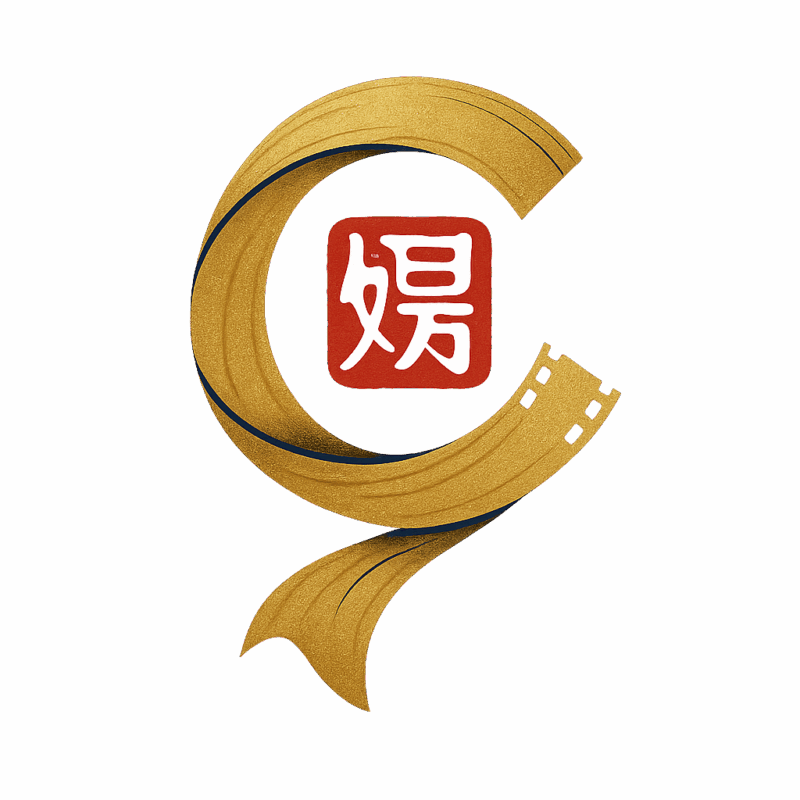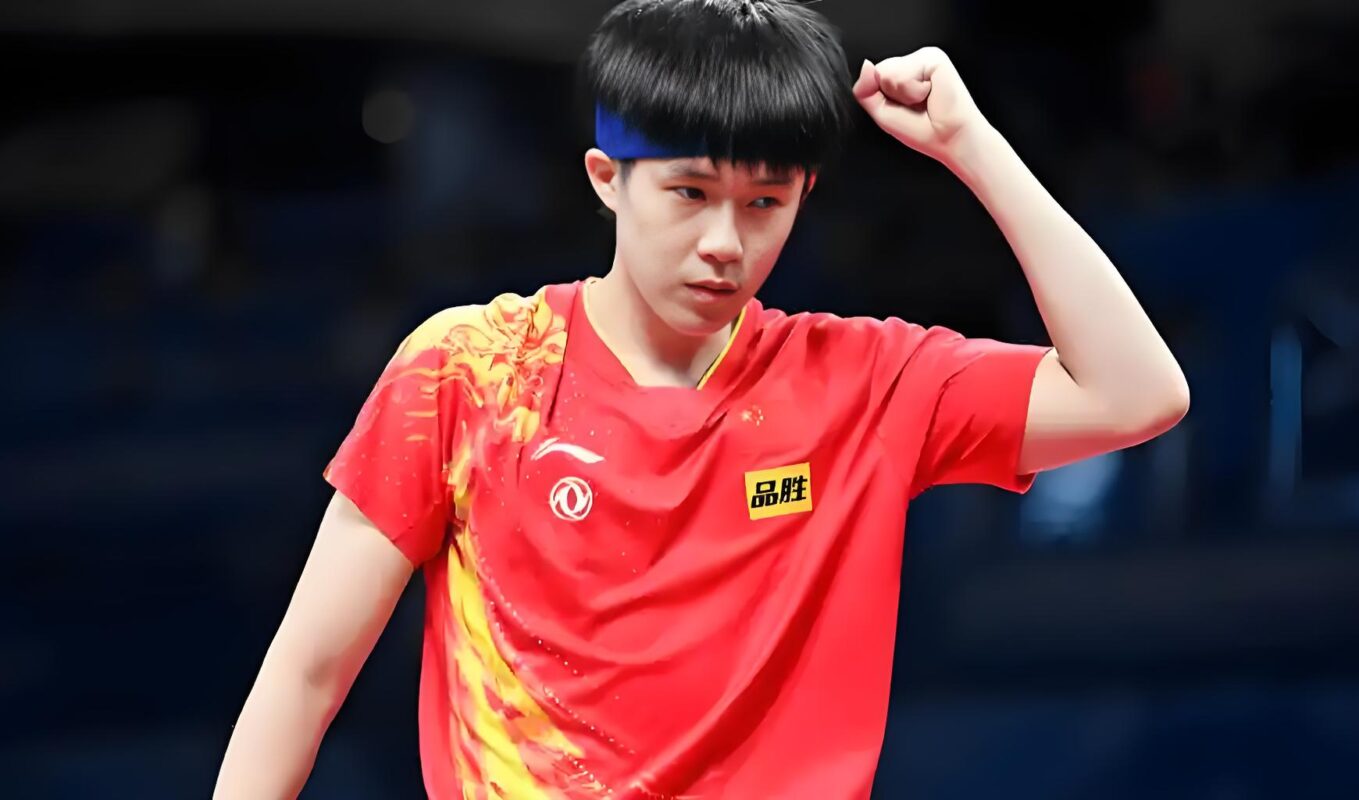Breaking the Drought – A Milestone Victory
In a career-defining moment, Wang Chuqin secured his first-ever Grand Slam tournaments (Olympics, World Championships, World Cup) singles title at the 2025 Doha World Table Tennis Championships, silencing critics who questioned his ability to clinch major individual honors. The 25-year-old Chinese star, already a two-time Olympic team gold medalist, had faced persistent scrutiny due to his lack of a solo crown in top-tier events. His previous closest attempt came at the 2023 Durban World Championships, where he fell short in a nail-biting final against compatriot Fan Zhendong.
This victory marks a historic breakthrough for Wang, who becomes the first male “post-00s” player to claim a Grand Slam singles title. The triumph also extends China’s dominance in the event, securing an 11th consecutive World Championships men’s singles gold. For Wang, ranked world No. 2, the win is a testament to his mental fortitude amid high-pressure scenarios, particularly after a shocking loss to Hugo Calderano at the Macau World Cup semifinals just a month prior.
The Final Showdown – Tactical Mastery and Redemption
The final against Brazil’s Hugo Calderano, ranked No. 3 globally, was a revenge match laden with narrative tension. Calderano, fresh off his groundbreaking Macau World Cup victory (the first South American to win a Grand Slam title), aimed to cement his meteoric rise. However, Wang’s strategic adjustments and composure under pressure proved decisive.
A pivotal first-game comeback set the tone: trailing 7-10, Wang unleashed five consecutive points to steal the opener 12-10. This psychological blow destabilized Calderano, whose explosive backhand flicks initially dazzled but later faltered under Wang’s relentless control. After splitting the next two games, Wang dominated the fourth 11-2, showcasing his ability to exploit Calderano’s inconsistency. A critical timeout called at 10-9 in the fifth game, guided by coach Wang Hao’s advice to stay “calm, decisive, and firm,” sealed the 11-7 clincher.
The match highlighted Wang’s evolution from a gifted technician to a tactically astute champion, neutralizing Calderano’s power while capitalizing on momentum shifts.
Legacy and Future Challenges
Wang’s victory carries significance beyond personal redemption. It reinforces China’s table tennis hegemony amid rising global competition, particularly from Latin America and Europe. Calderano’s back-to-back finals appearances (World Cup and Worlds) signal a shifting landscape, with Japan’s media even speculating about “breaking China’s 25-year reign”. Yet, Wang’s triumph underscores China’s ability to nurture next-generation talent under pressure.
For Wang, this title is a springboard toward Los Angeles 2028 Olympics ambitions. However, challenges loom: his 0-3 head-to-head deficit against Fan Zhendong in major finals and the need to maintain consistency in an era where rivals like Tomokazu Harimoto and Calderano are peaking(by 163.com). Post-match, Wang reflected: “I approached this final as a challenger, driven by immense desire to win for my country and team. This joy is indescribable”.
Conclusion
The Doha final wasn’t just a match—it was a symbol of perseverance in a sport where margins are razor-thin. As Wang Chuqin raises the St. Bride’s Cup, he redefines his legacy while setting the stage for a new chapter in table tennis history. With the Paris 2024 Olympics still fresh and Los Angeles on the horizon, the table tennis world will watch closely to see if this milestone victory catalyzes a dynasty or ignites an even fiercer global rivalry.

